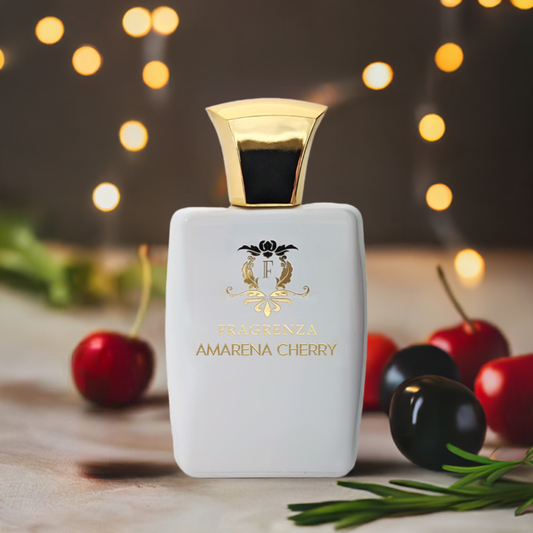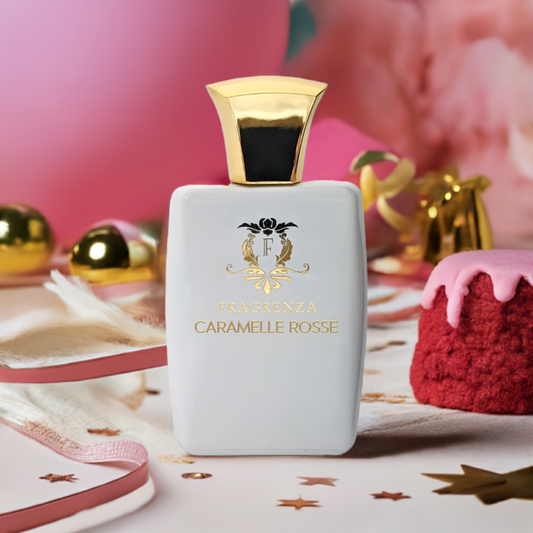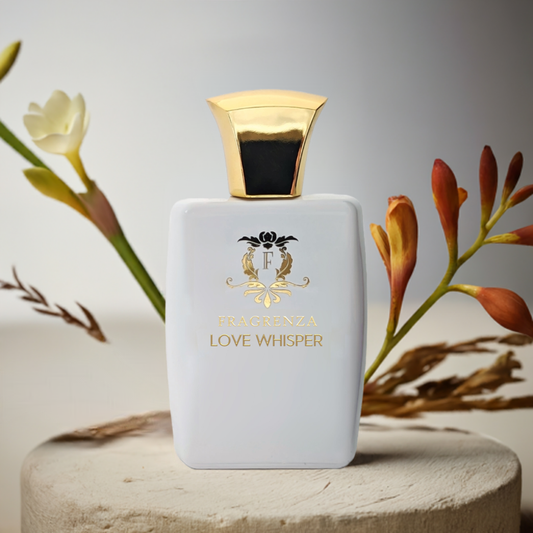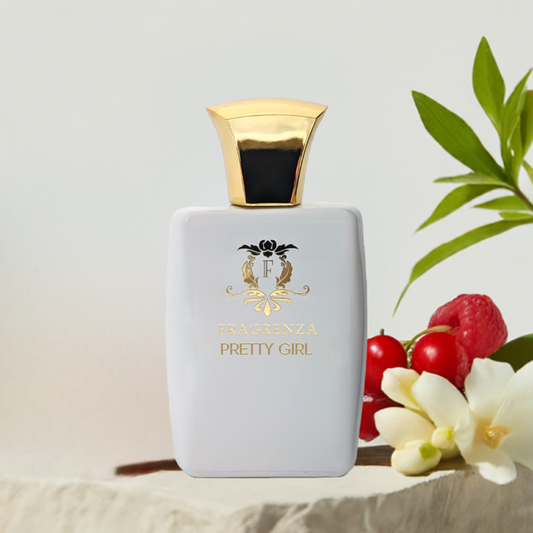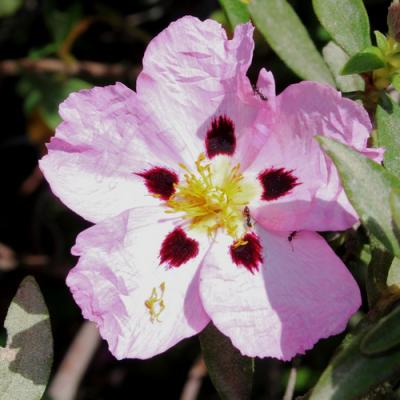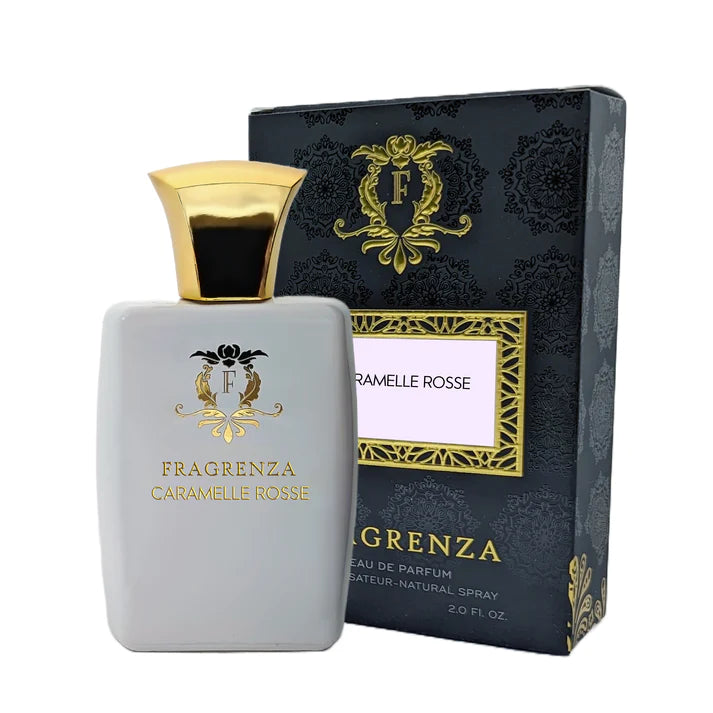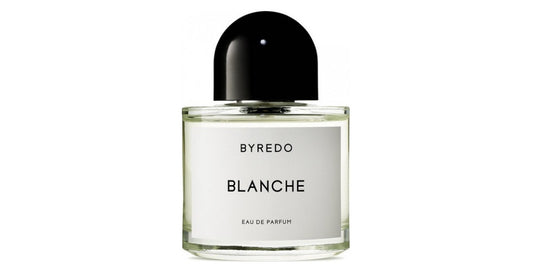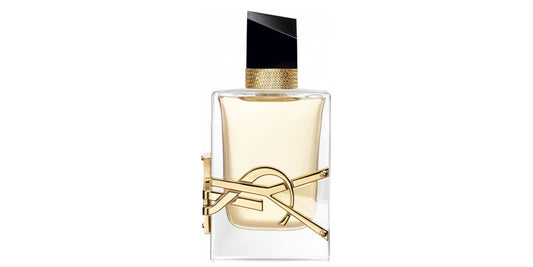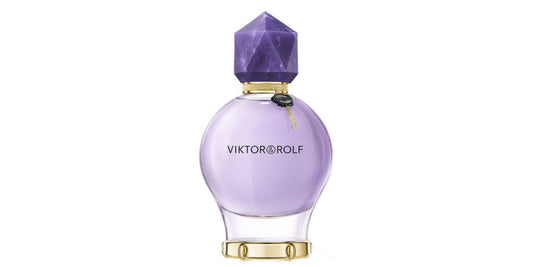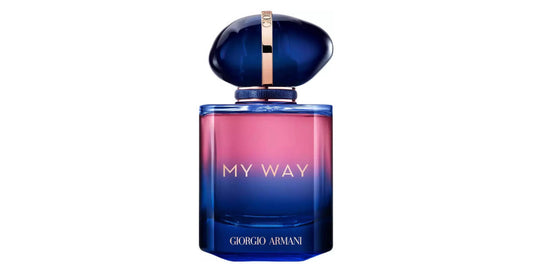The Intriguing Connection Between Gloves and Perfumery: A Historical Perspective
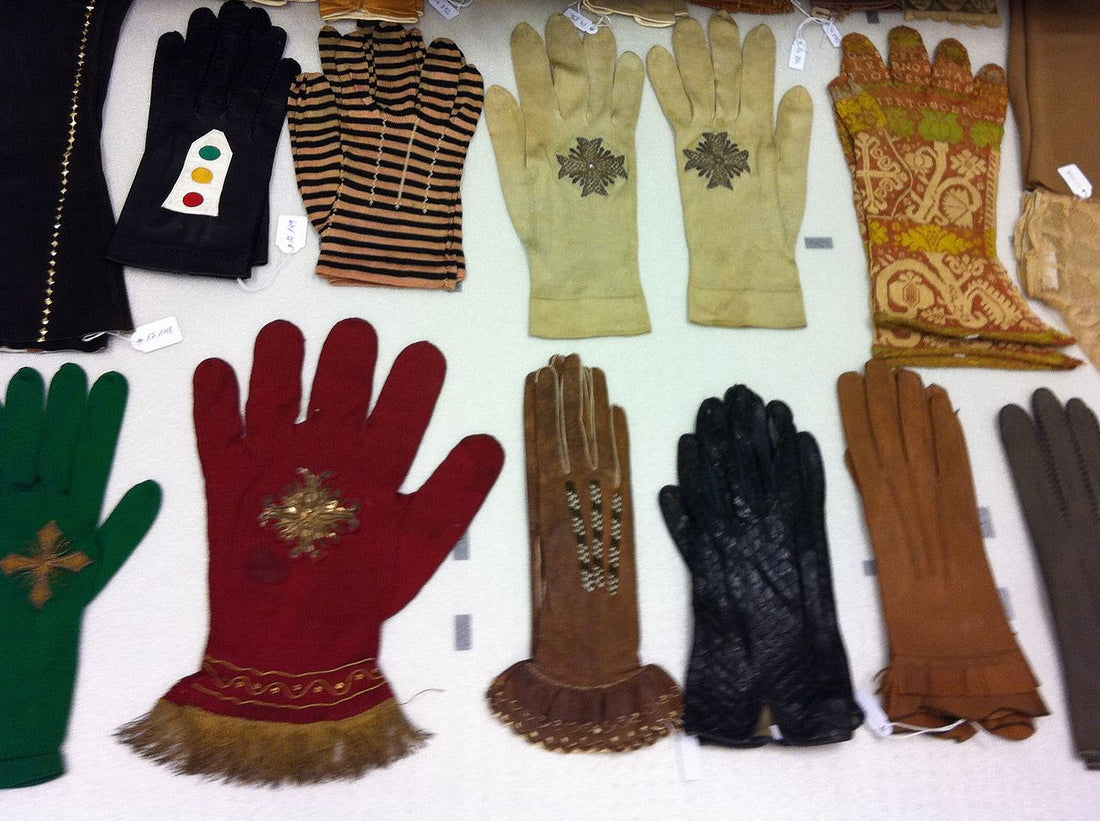
In This Article
The history of perfumery is an enchanting and diverse tapestry, woven with a multitude of stories, innovations, and influences. One particularly fascinating aspect is the deep connection between gloves and perfumery. This article delves into the intertwined history of these two seemingly disparate items and explores the reasons behind their strong association.
The Origin of Scented Gloves
The practice of scenting gloves dates back to ancient civilizations such as Egypt, Greece, and Rome. However, it was during the Renaissance period that the connection between gloves and perfumery truly blossomed, particularly in France and Italy. At the time, the art of glove-making was a highly respected craft, and gloves were seen as a symbol of wealth, power, and elegance.
As the demand for gloves increased among the aristocracy, so too did the desire for unique and distinctive gloves. It was around this time that glove-makers began to infuse their creations with fragrances to set them apart from the ordinary. Scented gloves quickly became a luxurious and fashionable accessory, with Catherine de Medici, the queen of France, among their most ardent patrons.
The Role of Grasse in the Glove-Perfumery Connection
The small town of Grasse in the south of France played a pivotal role in the marriage of gloves and perfumery. Grasse's favorable climate and fertile soil allowed for the cultivation of a wide variety of aromatic plants and flowers, making it an ideal location for the production of perfume ingredients. With an abundance of resources at hand, Grasse became the epicenter of the European perfume industry by the 16th century.
Glove-makers in Grasse were quick to seize the opportunity to incorporate the town's fragrant bounty into their products. They began working closely with local perfumers to create exquisite scented gloves that captured the essence of the region's floral splendor. The collaboration between glove-makers and perfumers not only elevated the status of both crafts but also solidified the connection between gloves and perfumery.
Famous Examples of Scented Gloves
Throughout history, several prominent figures have been associated with the use of scented gloves. One such example is King Louis XIV of France, known as the "Sun King." He was famous for his love of perfume and reportedly owned a vast collection of scented gloves. The king's personal perfumer, Jean-Baptiste Grenouille, was instrumental in developing many of the fragrances used to scent his gloves.
Another notable example is Marie Antoinette, the last queen of France before the French Revolution. She was an ardent lover of fashion and luxury, and her penchant for scented gloves was well-documented. Her personal perfumer, Jean-Louis Fargeon, created bespoke fragrances for her gloves, which were crafted by the finest glove-makers of the time.
The Decline and Resurgence of Scented Gloves
The popularity of scented gloves waned in the 19th century as fashions changed and the use of gloves became less prevalent. However, the connection between gloves and perfumery has never been entirely forgotten. In recent years, there has been a resurgence of interest in the history and art of scented gloves, with several niche perfume brands paying homage to this unique aspect of perfumery.
Today, scented gloves are seen as a symbol of a bygone era of elegance and refinement, and their enduring connection to the world of perfumery serves as a testament to the creativity and innovation that has defined this fascinating industry throughout the ages.
Modern Interpretations and Collaborations
Inspired by the rich history of scented gloves, some modern perfumers and fashion designers have collaborated to create contemporary interpretations of this luxurious accessory. These partnerships have resulted in the creation of unique, limited-edition gloves infused with bespoke fragrances, allowing wearers to experience the allure and mystique of scented gloves in a modern context.
Additionally, the concept of scented gloves has inspired the creation of new perfumes that evoke the essence of this historical connection. Fragrances featuring notes reminiscent of leather, flowers, and spices pay homage to the luxurious and opulent nature of scented gloves while appealing to the tastes of contemporary consumers.
Conclusion
The captivating connection between gloves and perfumery showcases the enduring allure of fragrance and its ability to transform everyday objects into symbols of luxury, power, and elegance. By revisiting and reinterpreting the tradition of scented gloves, modern perfumers and fashion designers are not only paying tribute to this intriguing aspect of perfume history but also ensuring that the enchanting bond between gloves and perfumery continues to thrive in the present and future.


